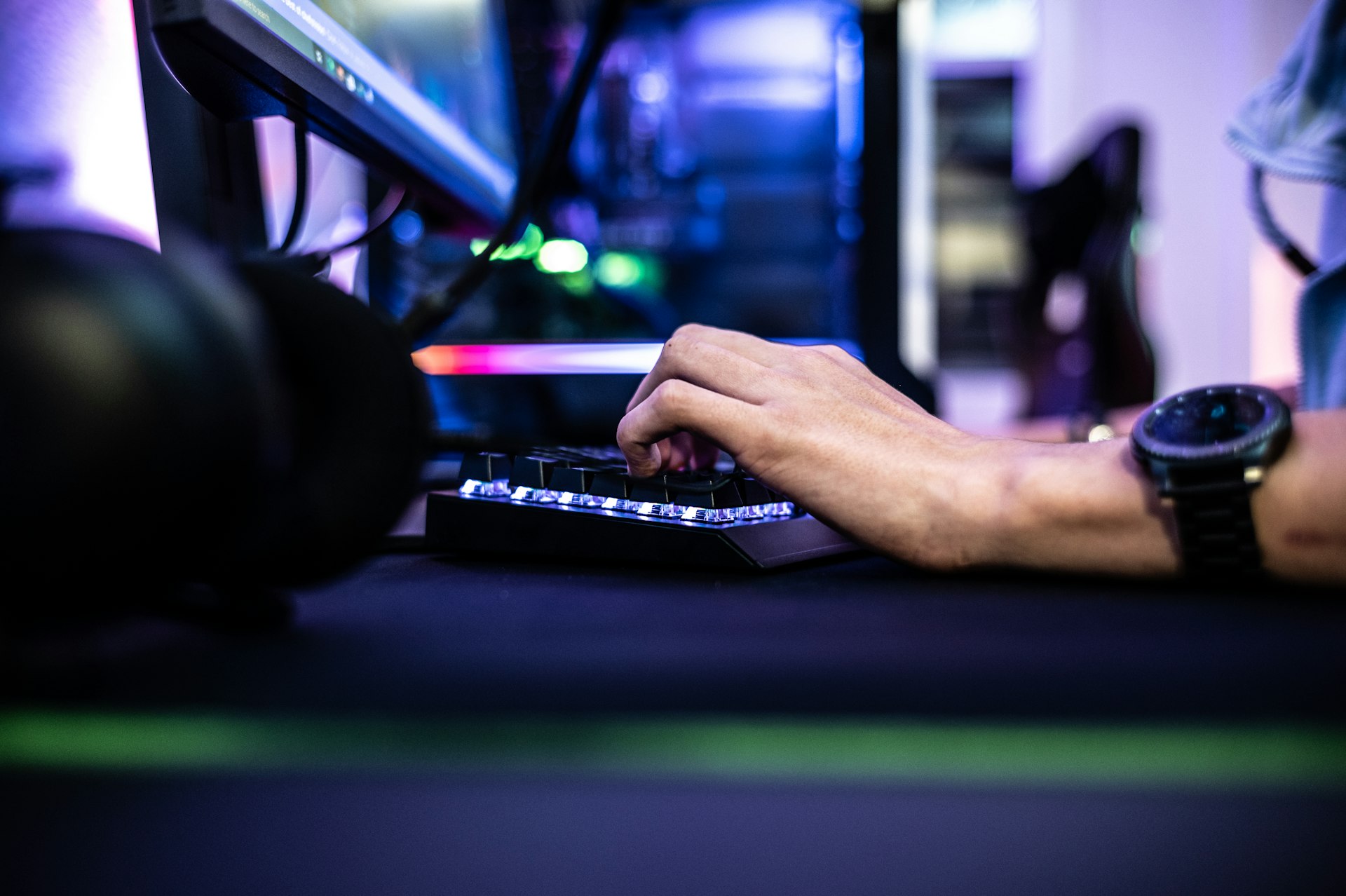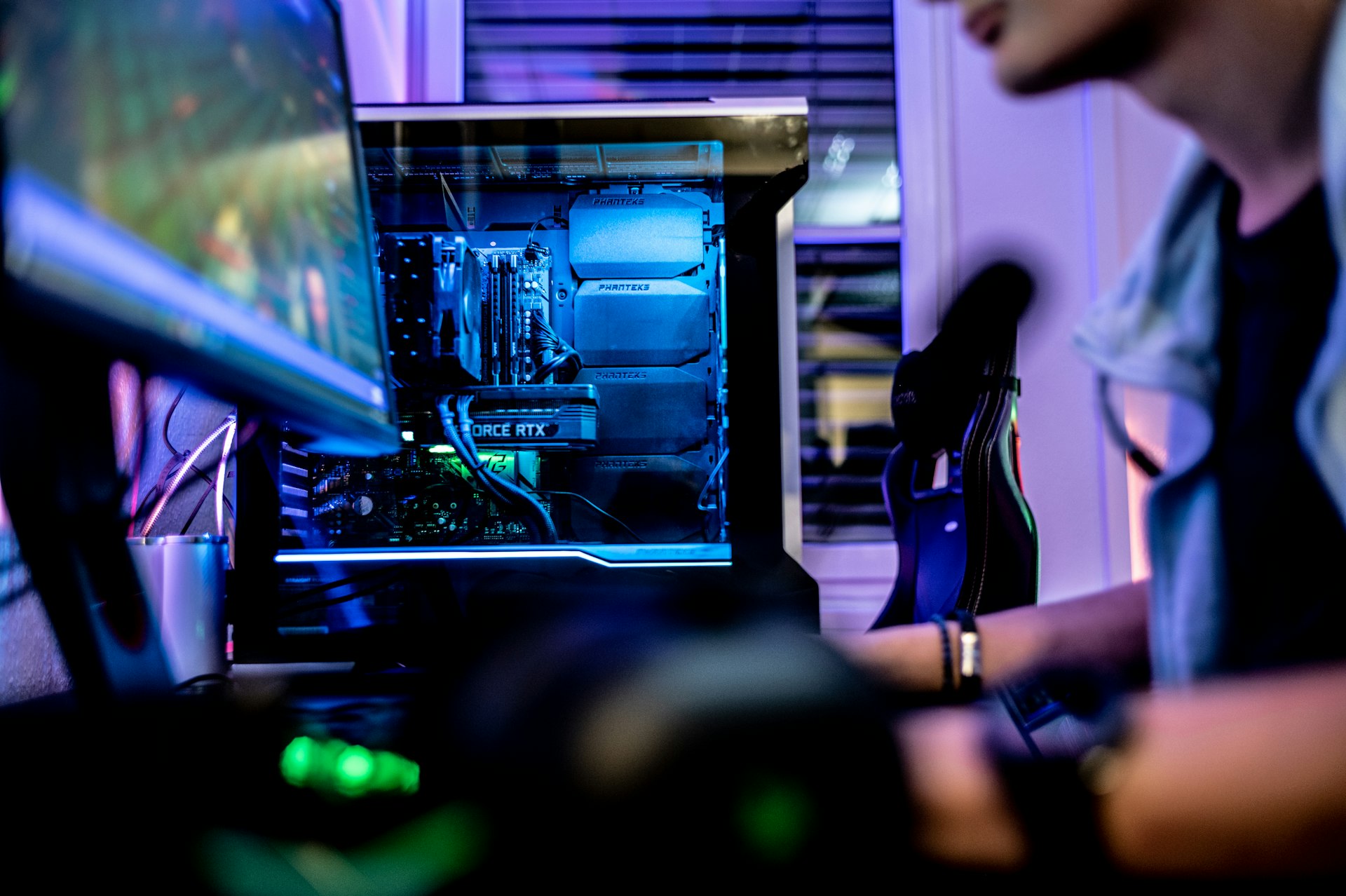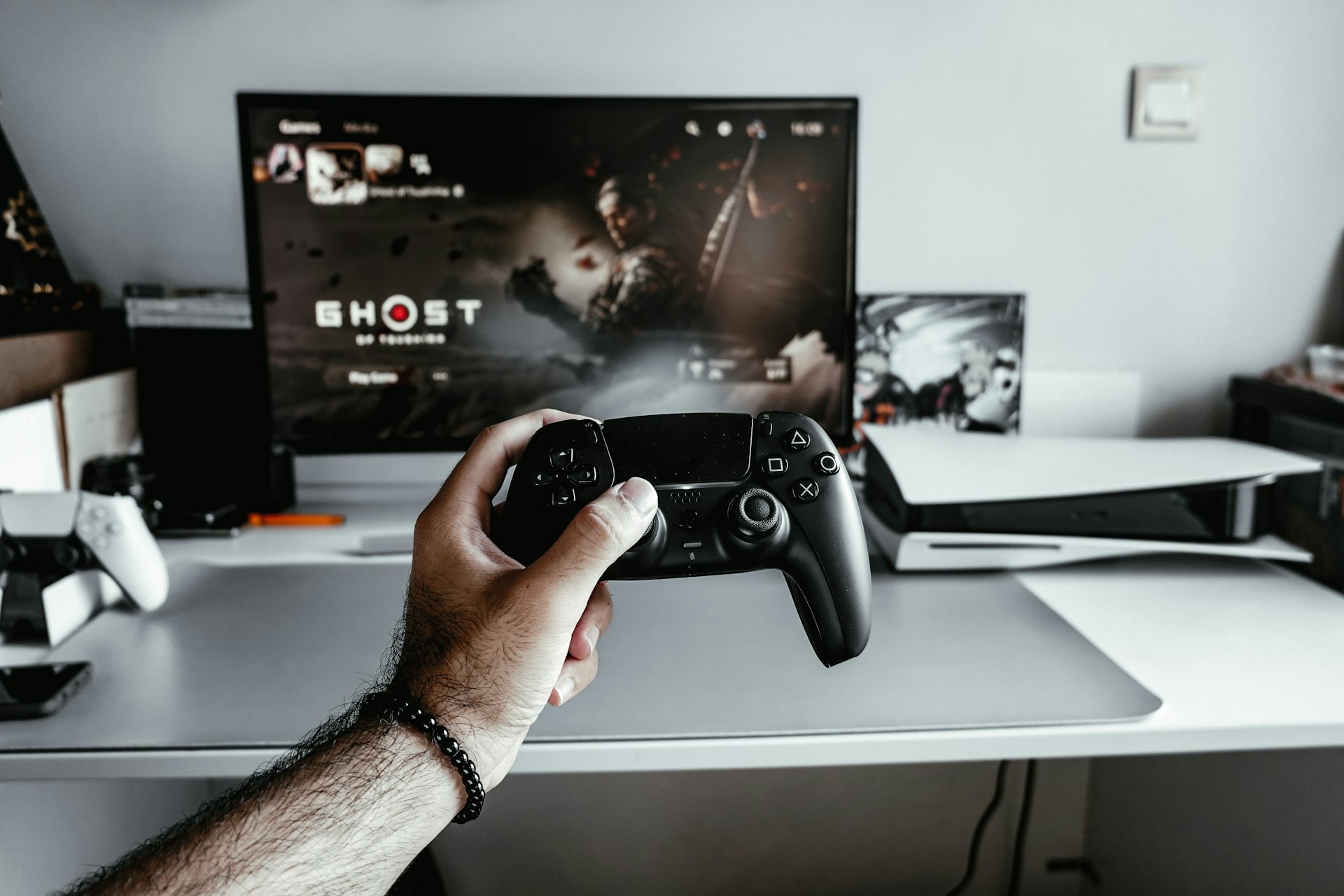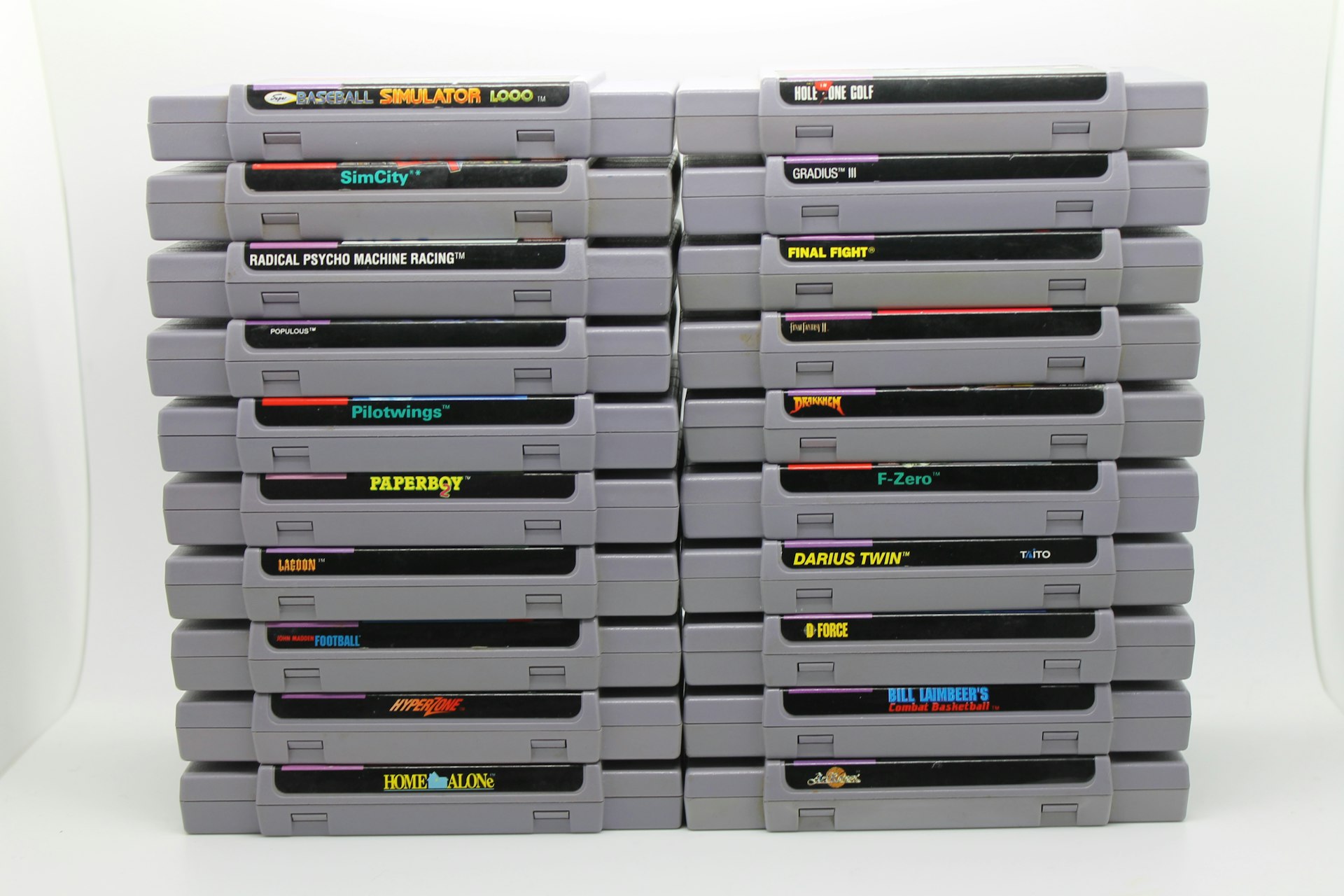How Much Internet Speed Do You Really Need for Gaming? A Practical Guide to Speeds, Usage, and Smooth Play

Photo by ELLA DON on Unsplash
Understanding Internet Speed Requirements for Gaming
Online gaming has evolved dramatically, with competitive real-time multiplayer, massive game downloads, and a growing trend toward cloud-based play. Many gamers wonder: How fast does my internet need to be? And, how much data does gaming actually consume? The answers depend on your platform, the types of games you play, and how many devices share your network.
Minimum and Recommended Internet Speeds for Gaming
For most online gaming, especially multiplayer titles, download speeds of 3-8 Mbps are typically sufficient for casual play. However, for a consistently smooth experience, especially in competitive titles or with multiple household users, 15-25 Mbps download speeds are recommended [1] [4] .
Upload speed is also important, particularly for multiplayer games where your device must send data to game servers. Most platforms recommend at least 1-3 Mbps upload, with higher speeds (5 Mbps or more) preferred for gaming while streaming or voice chatting [1] [3] .
| Platform | Recommended Download | Recommended Upload |
|---|---|---|
| PC | 15-25 Mbps | 3-5 Mbps |
| Console (Xbox/PS/Switch) | 3-8 Mbps (minimum) | 1-3 Mbps (minimum) |
| Cloud Gaming | 15-25 Mbps (1080p) | 5-10 Mbps |
Real-World Example:
If you’re playing
Fortnite
on a PC while a family member streams 4K video and another downloads files, your total bandwidth needs are much higher than if you’re the only person online.
Why Latency (Ping) Matters More Than Speed
While speed is important, latency -the time it takes for your actions to reach the game server and return-often has a bigger impact on your gaming experience. Pings under 50ms are best for competitive play, while anything under 100ms is generally acceptable [1] [4] . High latency causes lag, making games feel sluggish or unresponsive.
Implementation Guidance:
- Use a wired Ethernet connection when possible, as it is less prone to interference and ensures lower latency compared to Wi-Fi [2] .
- Connect to servers geographically closer to you to help reduce ping.
- Limit the number of active devices and downloads during gaming sessions to reduce network congestion.
How Much Data Does Gaming Use?
Contrary to popular belief, online gaming uses surprisingly little data compared to streaming or downloading games. Typical online gameplay consumes between 40MB to 150MB per hour , depending on the game. For context, streaming one hour of HD video can use up to 3GB [4] . Large downloads-such as installing new games or updates-do use significant data, often ranging from 20GB to over 100GB per file.
Example:
Playing an online match of
Call of Duty
for two hours may use less than 300MB of data, while downloading an update for the same game could use 30GB or more.

Photo by Oğuz Yağız Kara on Unsplash
Cloud Gaming: Higher Demands and Special Considerations
Cloud gaming (services like Xbox Cloud Gaming, NVIDIA GeForce Now, or PlayStation Now) streams the game to your device much like a video, requiring much higher bandwidth and data usage. For smooth 1080p gameplay, aim for at least 15-25 Mbps download, and be prepared for data usage of 4-10GB per hour [1] .
Implementation Steps:
- Test your connection using a reputable speed test service to confirm your actual speeds.
- If you regularly experience lag or buffering, consider upgrading to a plan with higher speeds and lower latency.
- Prioritize a wired setup for cloud gaming, and close background applications consuming bandwidth.
Optimizing Your Network for the Best Gaming Experience
To reduce lag and maximize stability, consider these practical steps:
- Place your router in a central, elevated location to improve Wi-Fi signal if you cannot use Ethernet.
- Use the 5GHz Wi-Fi band for less interference and faster speeds where available.
- Enable Quality of Service (QoS) settings, if your router supports them, to prioritize gaming traffic.
- Regularly update your router’s firmware for better performance and security.
If you share your connection with multiple users or smart devices, consider upgrading to a higher-tier internet plan. For most households, 50-100 Mbps provides ample bandwidth for gaming, streaming, and general browsing [1] .
Common Challenges and Solutions
Even with fast internet, you may encounter lag or interruptions. These can result from:
- Network congestion during peak hours
- Wi-Fi interference from walls or other devices
- ISP bandwidth throttling
- Server issues on the game provider’s end
To troubleshoot:
- Test with a wired connection to determine if Wi-Fi is the bottleneck.
- Reboot your modem and router to clear temporary glitches.
- Contact your ISP to check for outages or consider switching providers if persistent issues remain.
Step-by-Step: How to Assess and Improve Your Gaming Internet
- Test Your Speed: Use an official speed test from your ISP or trusted third party. Record your download, upload, and ping.
- Compare to Recommendations: Check your results against the minimum and recommended speeds listed above.
- Upgrade or Optimize: If your speeds fall short, contact your provider about upgrades or optimize your existing setup by reducing interference and maximizing wired connections.
- Monitor Data Usage: Many ISPs provide usage data in your account dashboard. For detailed tracking, consider installing a network monitoring app on your PC or router.
- Prioritize Your Traffic: Enable QoS or limit heavy downloads during play sessions for best results.
If You Need to Upgrade or Seek Assistance
If you determine your current plan is inadequate for your gaming needs, you can:
- Contact your internet provider’s customer service for information on higher-speed plans and possible deals.
- Search online for consumer reviews of ISPs in your area to compare reliability and speeds.
- If you are concerned about data caps, ask specifically about unlimited data options.
If you wish to check eligibility for internet assistance programs, search for the “Federal Communications Commission” and their Affordable Connectivity Program, or contact your state’s consumer affairs office for approved low-cost options. Never provide sensitive information or apply through unofficial or unverifiable websites.
Key Takeaways
- For most gaming, 15-25 Mbps download and at least 3 Mbps upload is recommended.
- Cloud gaming and multiple users require significantly more bandwidth.
- Data usage for gameplay is low, but downloads and cloud gaming can use large amounts of data.
- Latency (ping) affects your experience more than raw speed-aim for under 50ms.
- Use a wired connection and optimize your home network for the best results.
References
MORE FROM dealseekersguide.com













